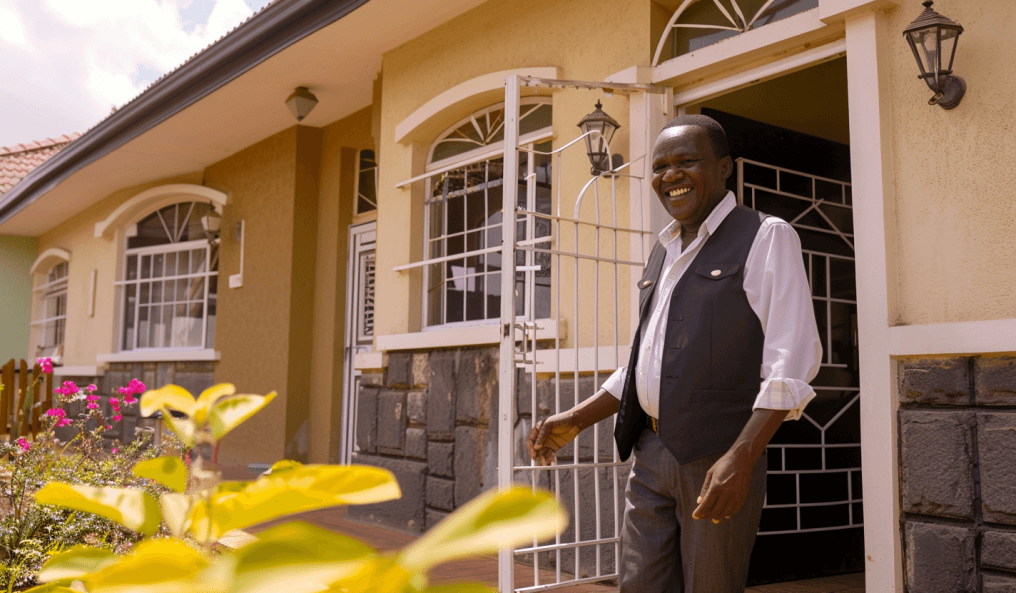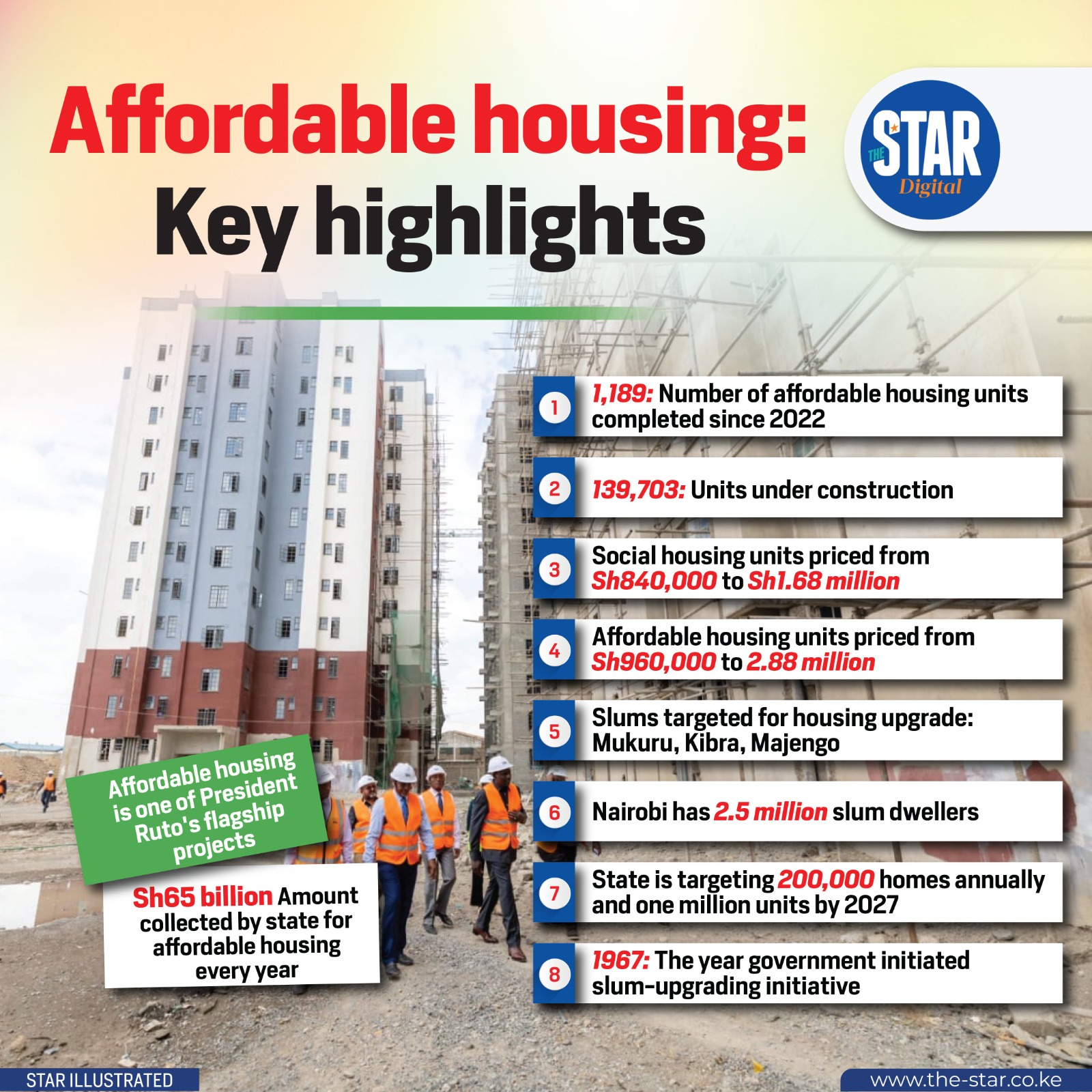As global awareness of climate change intensifies, the concept of **sustainable real estate in Kenya** is rapidly gaining traction. "Green building" is no longer a niche trend but a growing imperative, driven by environmental consciousness, economic benefits, and evolving regulatory landscapes. For investors and developers, embracing sustainable practices offers a pathway to long-term value, reduced operational costs, and enhanced market appeal in the competitive **real estate in Kenya** sector. At **Vineyard Properties**, we believe that sustainable development is not just good for the planet, but good for business too.
1. What Defines Green Building in the Kenyan Context?
Green building refers to the practice of designing, constructing, and operating buildings in a way that minimizes their negative impact on the environment and enhances the well-being of occupants. In Kenya, this typically involves:
- **Energy Efficiency:** Utilizing natural light and ventilation, installing energy-efficient appliances, solar panels, and smart energy management systems to reduce electricity consumption.
- **Water Conservation:** Implementing rainwater harvesting, greywater recycling systems, and water-efficient fixtures to minimize water usage.
- **Sustainable Materials:** Sourcing local, recycled, or rapidly renewable building materials to reduce embodied energy and environmental footprint.
- **Waste Management:** Efficient waste segregation and recycling during construction and operation.
- **Indoor Environmental Quality:** Ensuring good air quality, thermal comfort, and acoustic performance for occupant health and productivity.
- **Site Selection and Land Use:** Choosing sites that minimize environmental impact and promote connectivity to public transport and amenities.
These principles are guiding the evolution of new developments in **real estate in Kenya**.
2. The Economic Case for Green Buildings
While the initial capital outlay for green features might be slightly higher, the long-term economic benefits are substantial:
- **Reduced Operating Costs:** Lower utility bills due to reduced energy and water consumption. This is a significant draw for tenants and owners.
- **Increased Property Value:** Green-certified buildings often command higher rental rates and sale prices, attracting environmentally conscious tenants and buyers.
- **Faster Occupancy Rates:** Demand for sustainable properties is on the rise, leading to quicker lease-up and sales.
- **Tax Incentives and Funding:** The Kenyan government and financial institutions are beginning to offer incentives or 'green loans' for sustainable projects, further reducing costs for developers in **real estate in Kenya** who embrace these practices.
- **Enhanced Corporate Image:** Developers and businesses occupying green buildings enhance their brand reputation and meet corporate social responsibility goals.
3. Driving Forces Behind Green Real Estate in Kenya
Several factors are accelerating the adoption of green building practices:
- **Increased Environmental Awareness:** Both developers and consumers are becoming more aware of climate change and the importance of sustainable living.
- **Regulatory Pressure:** While not yet as stringent as in some Western countries, there's a growing push for stronger environmental regulations in the construction sector.
- **International Standards and Certifications:** Organizations like the Kenya Green Building Society (KGBS) and international certifications like LEED and EDGE are providing frameworks and recognition for sustainable developments, raising the bar for **real estate in Kenya** projects.
- **Financial Sector Influence:** Banks and investors are increasingly considering environmental, social, and governance (ESG) factors in their lending and investment decisions.
4. Notable Green Projects and Future Outlook
Kenya has seen the emergence of several pioneering green buildings, particularly in Nairobi's commercial sector, demonstrating the viability and appeal of sustainable design. These projects serve as benchmarks, inspiring more developers to integrate green principles. The future of **real estate in Kenya** is undeniably green, with a growing emphasis on climate-resilient construction and resource efficiency.
Conclusion: Invest in a Sustainable Future with Vineyard Properties
Green building represents a paradigm shift in **real estate in Kenya**, moving towards a future that is not only economically prosperous but also environmentally responsible. For investors, this means identifying properties and developments that embrace sustainable design and operations, promising reduced running costs, higher returns, and alignment with global best practices. At **Vineyard Properties**, we are committed to promoting and facilitating investments in sustainable real estate. We can connect you with developers prioritizing green standards or help you find properties that offer both financial viability and environmental integrity. Partner with us to make a lasting, positive impact while securing your investment in the evolving landscape of **real estate in Kenya**.



